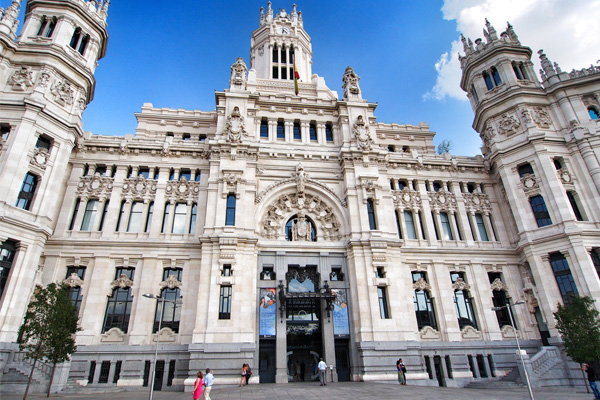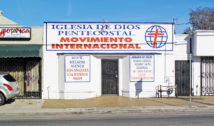
Spain to Rectify 500-Year-Old Jewish Exile
- By Krista R. Burdine --
- 21 Jul 2014 --

Source: Flickr
Spain hopes to rectify 500 year old exile by opening citizenship to wronged Jews.
In 1492, Ferdinand and Isabella exiled all Jews living in Spain during the Spanish Inquisition. Now 500 years later, the current government attempts to right this historic wrong by offering dual citizenship to the scattered descendants of those exiled Jews.
An Historic Diaspora
In the wake of that Edict of Expulsion, some 50,000 Jews left the country. Half a millennium later, their descendants number about 3 million worldwide, and are primarily concentrated in Israel, France, Turkey, and the United States. This exiled Jewish community retains a strong sense of connection with their ancient homeland of Spain. They are known as “Sephardic Jews” after the Hebrew word for Spain. Many still know the language, songs, and history of Spain and the events of the Inquisition, and some even speak a special Jewish dialect of Old Spanish known as Ladino.
A significant number of Catholics living in Spain today still have a sense that their ancestors remained secretly Jewish. The Spanish language has a subset of words, including “crypto-Jews,” or “judios conversos,” referring to the experience of forced conversion and secret religious practices in the wake of the Inquisition.
A hundred years later, Spain also expelled Muslims for the same cause of purifying the Christian country. These religious exiles are still waiting for a similar move of reparation, perhaps because their descendants lack the same sense of community and persistent attachment to Spain that has been evidenced by the Sephardic Jews.
A New Identity in Spain
Citizenship was previously available to Sephardic Jews, but it involved a rigorous process of establishing a two-year record of residency, and surrendering other citizenships. Today, Sephardic Jews around the world have a sense of relief, that they may more easily be able to formally identify with their homeland. Some seek citizenship for practical reasons, such as greater access to jobs within the European Union, or the right to pursue a same-sex marriage (which is legal in Spain) that is not available at home. But many simply want to acquire dual citizenship, to affirm their symbolic identity as part of this dispersed community.
The number of scattered Jews that may choose to take advantage of this new legislation remains to be seen. As of February, one Israeli citizenship attorney had received about 1,000 emails and phone calls inquiring formally about the process. Some official Spanish estimates predict as many as 90,000 applicants over the next few years. The measure still has to be fully confirmed through a final Parliamentary vote, but as it stands applicants would have to pass a test on Spanish culture and language, as well as prove their hereditary ties to the exiled Jews through certification by a local rabbi or a few other methods.
The Spanish Inquisition remains one of those moments in history that cause modern Christians to cringe at the horrors visited on non-believers in the name of Christ. Jews were forced to convert to Catholicism, flee, or face a fiery death at the stake for their personal religious convictions. Against the backdrop of a global climate increasingly aware of human rights and the benefits of fighting for religious freedoms, this is an important step in the right direction for Spain.



















